
It has been over three years since Steve Jobs died.
Since then, books have been written and movies have been made.
Each has celebrated his legacy and aimed to share the secrets he used to build the largest company in the world; things like attention to detail, attracting world-class talent and holding them to high standards.
We think we understand what caused his success.
We don’t.
We dismiss usable principles of success by labeling them as personality quirks.
What’s often missed is the paradoxical interplay of two of his seemingly opposite qualities; maniacal focus and insatiable curiosity. These weren’t just two random strengths. They may have been his most important as they helped lead to everything else.
Jobs’ curiosity fueled his passion and provided him with access to unique insights, skills, values, and world-class people who complemented his own skill set. Job’s focus brought those to bear in the world of personal electronics.
I don’t just say this as as someone who has devoured practically every article, interview, and book featuring him.
I say this as someone who has interviewed many of the world’s top network scientists on a quest to understand how networks create competitive advantage in business and careers.
The Simple Variable That Explains What Really Causes Career Success
In December of 2013, I interviewed one of the world’s top network scientists, Ron Burt. During it, he shared a chart that completely flipped my understanding of success. Here is a simplified version:
The bottom line? According to multiple, peer-reviewed studies, simply being in an open network instead of a closed one is the best predictor of career success.
In the chart, the further to the right you go toward a closed network, the more you repeatedly hear the same ideas, which reaffirm what you already believe. The further left you go toward an open network, the more you’re exposed to new ideas. People to the left are significantly more successful than those to the right.
In fact, the study shows that half of the predicted difference in career success (i.e., promotion, compensation, industry recognition) is due to this one variable.
Do you ever have moments where you hear something so compelling that you need to know more, yet so crazy that you’d have to let go of some of your core beliefs in order to accept the idea?
This was one of those moments for me. Never in all of the books I had read on self-help, career success, business, or Steve Jobs had I come across this idea.
I wondered, “How is it possible that the structure of one’s network could be such a powerful predictor for career success?”
How a Closed Network Impacts Your Career
To understand the power of open networks, it’s important to understand their opposite.
Most people spend their careers in closed networks; networks of people who already know each other. People often stay in the same industry, the same religion, and the same political party. In a closed network, it’s easier to get things done because you’ve built up trust, and you know all the shorthand terms and unspoken rules. It’s comfortable because the group converges on the same ways of seeing the world that confirm your own.
To understand why people spend most of their time in closed networks, consider what happens when a group of random strangers is thrown together:
David Rock, the founder of the Neuroleadership Institute, the top organization helping leaders through neuroscience research, explains the process well:
We’ve evolved to put people in our ingroup and outgroup. We put most people in our outgroup and a few people in our ingroup. It determines whether we care about others. It determines whether we support or attack them. The process is a byproduct of our evolutionary history where we lived in small groups and strangers we didn’t know well weren’t to be trusted.
By understanding this process, we can begin to understand why the world is the way it is. We understand why Democrats and Republicans can’t pass bills with obvious benefits to society. We understand why religions have gone to war over history. It helps us understand why we have bubbles, panics, and fads.
The Surprising Power and Pain of Open Networks
People in open networks have unique challenges and opportunities. Because they’re part of multiple groups, they have unique relationships, experiences, and knowledge that other people in their groups don’t.
This is challenging in that it can lead to feeling like an outsider as a result of being misunderstood and under-appreciated because few people understand why you think the way you do. It is also challenging, because it requires assimilating different and conflicting perspectives into one worldview.
In one of my all-time favorite movies, The Matrix, the main character, Neo, is exposed to a completely new world. Once he is, he can’t go back. He’s an outsider in the new group, and he’s an outsider in his old life. He’s had an experience that everyone he’s ever met would never understand. This same phenomenon happens when we enter new worlds of people.
On the other hand, having an open network is a huge opportunity in a few ways:
The Revisionist Timeline of Steve Jobs Success
As a result of pursuing his curiosity in different fields throughout his life, Steve Jobs developed an extremely unique perspective, skill set, and network; one that no one else in the computer industry had. He turned these unique advantages into the largest company in the world by having a razor sharp focus. Within Apple, he cut out people, products, and systems that weren’t world-class.
Many are quick to label parts of Steve Jobs’ life as the ‘lost’ or ‘wilderness’ years. However, when we view his life in retrospect, we see that his diversions were critical to his success.
What is labeled as the magic of Steve Jobs or the quirks of his character become replicable principles we can all follow.
It is from this vantage point that we can begin to understand the following quote from a Steve Jobs interview for Wired in 1995:
Creativity is just connecting things. When you ask creative people how they did something, they feel a little guilty because they didn’t really do it, they just saw something.
It seemed obvious to them after a while. That’s because they were able to connect experiences they’ve had and synthesize new things. And the reason they were able to do that was that they’ve had more experiences or they have thought more about their experiences than other people.
Unfortunately, that’s too rare a commodity. A lot of people in our industry haven’t had very diverse experiences.
So they don’t have enough dots to connect, and they end up with very linear solutions without a broad perspective on the problem. The broader one’s understanding of the human experience, the better design we will have.
Stay Hungry. Stay Foolish.
Throughout human history, all societies including our own have created myths that share one common element, the hero’s journey.
Here’s what the journey looks like according to Joseph Campbell, the originator of the term…
Things are going great. You feel normal and fit in. Then something, happens and you change. You start to feel like an outsider in your own culture. You hide parts of yourself to fit in, but that doesn’t help. You feel called to leave and fulfill part of yourself, but that has a lot of uncertainty. So, you hesitate at first.
Finally, you take the plunge. You go through difficult times as you’re learning to navigate the new world. Finally, you overcome the challenges. Then, you go back to your old culture and have a huge impact because you share the unique insights you’ve learned.
The hero’s journey myth is embedded in everything from our society’s classic movies (i.e., Star Wars) to the heroes we glorify (i.e., Steve Jobs), because it hits on core parts of the human experience.
The field of network science shows us two things. (1) The hero’s journey is the blueprint for creating career success. (2) We can all be heroes. It just takes a little faith as you follow your heart and curiosity into unknown worlds. As Steve Jobs said, “ You can’t connect the dots looking forward; you can only connect them looking backwards. So you have to trust that the dots will somehow connect in your future.”
This article originally appeared on Forbes.com
See The 7 Most Important Tech CEOs You Wouldn't Recognize
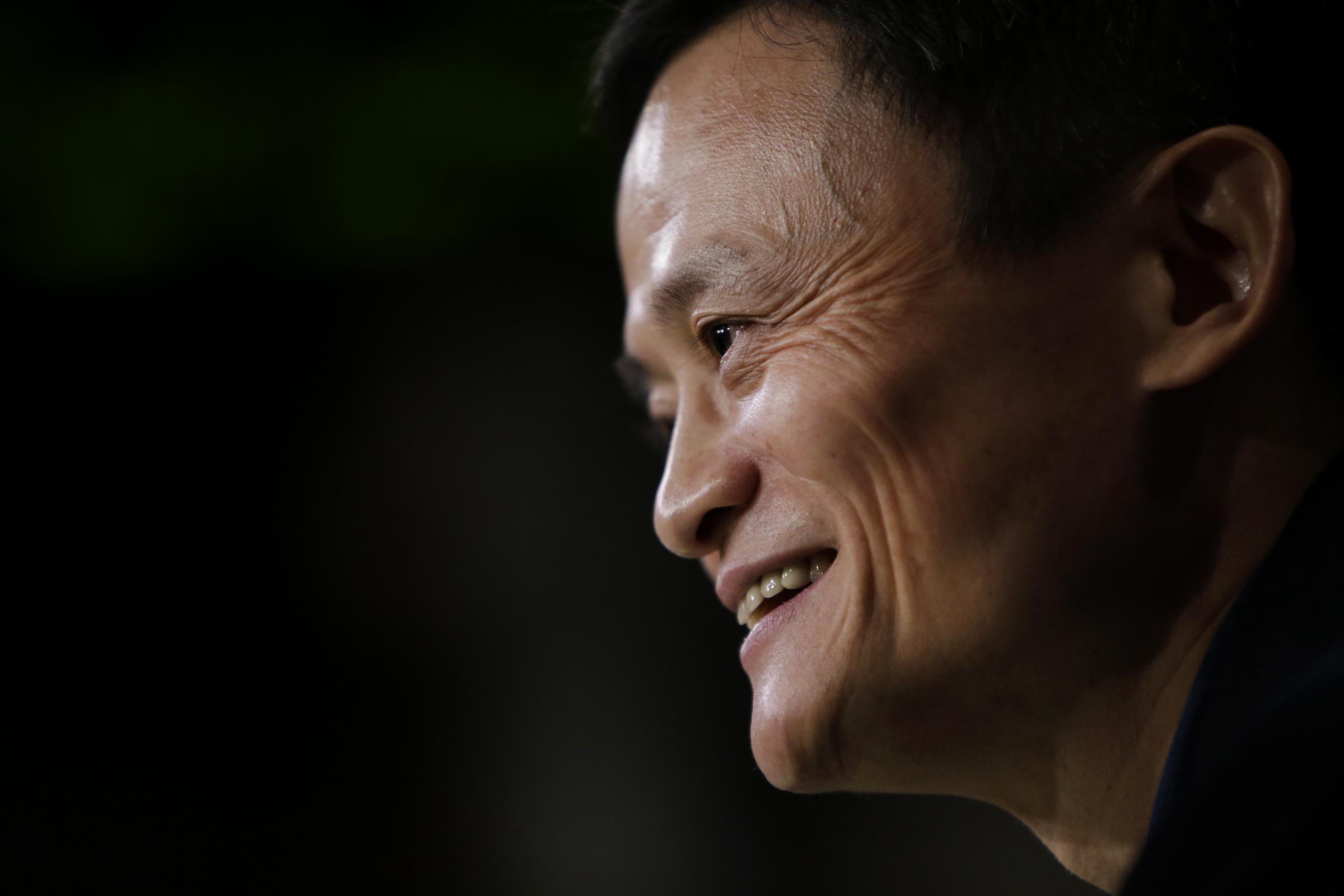
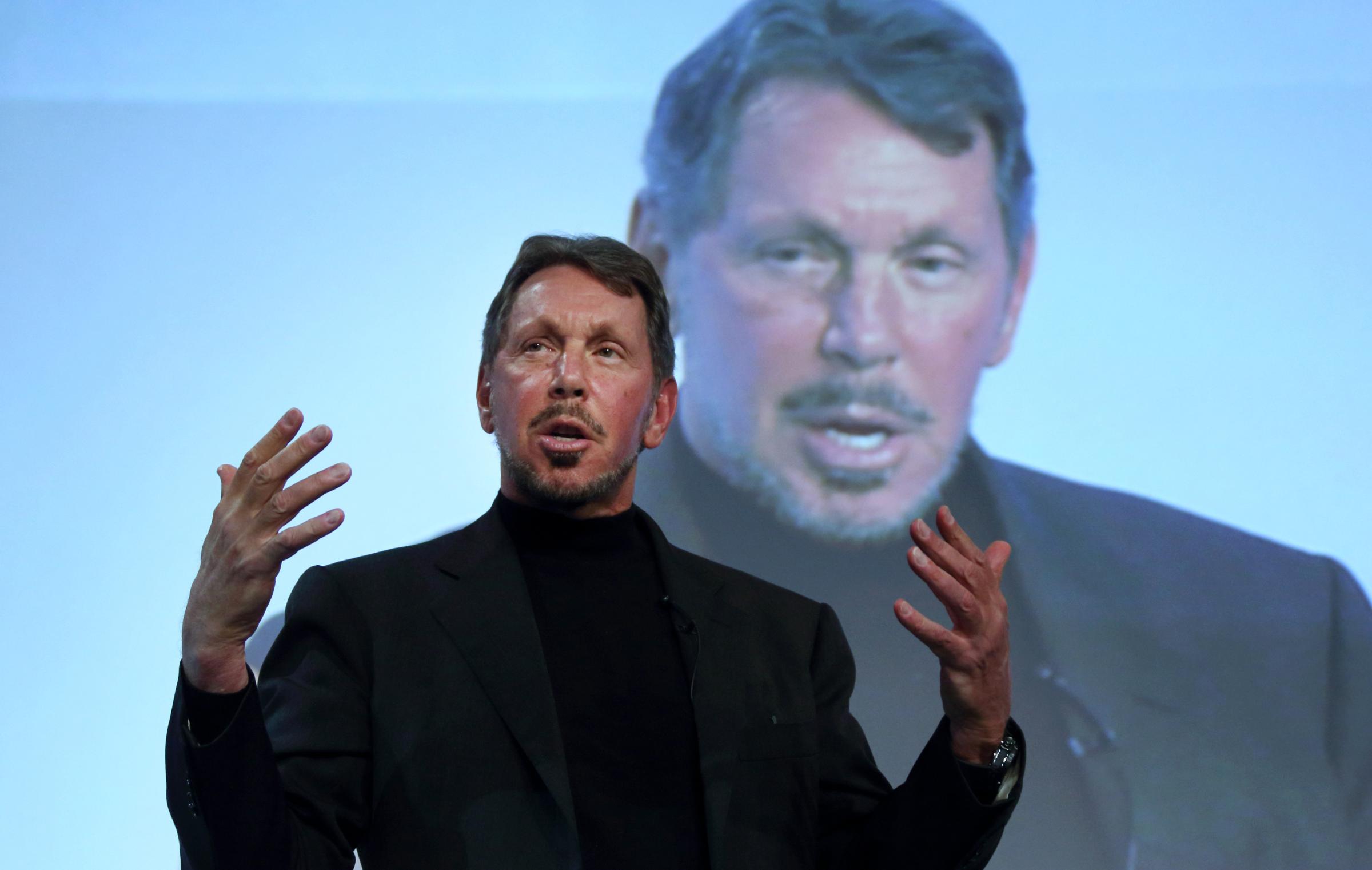
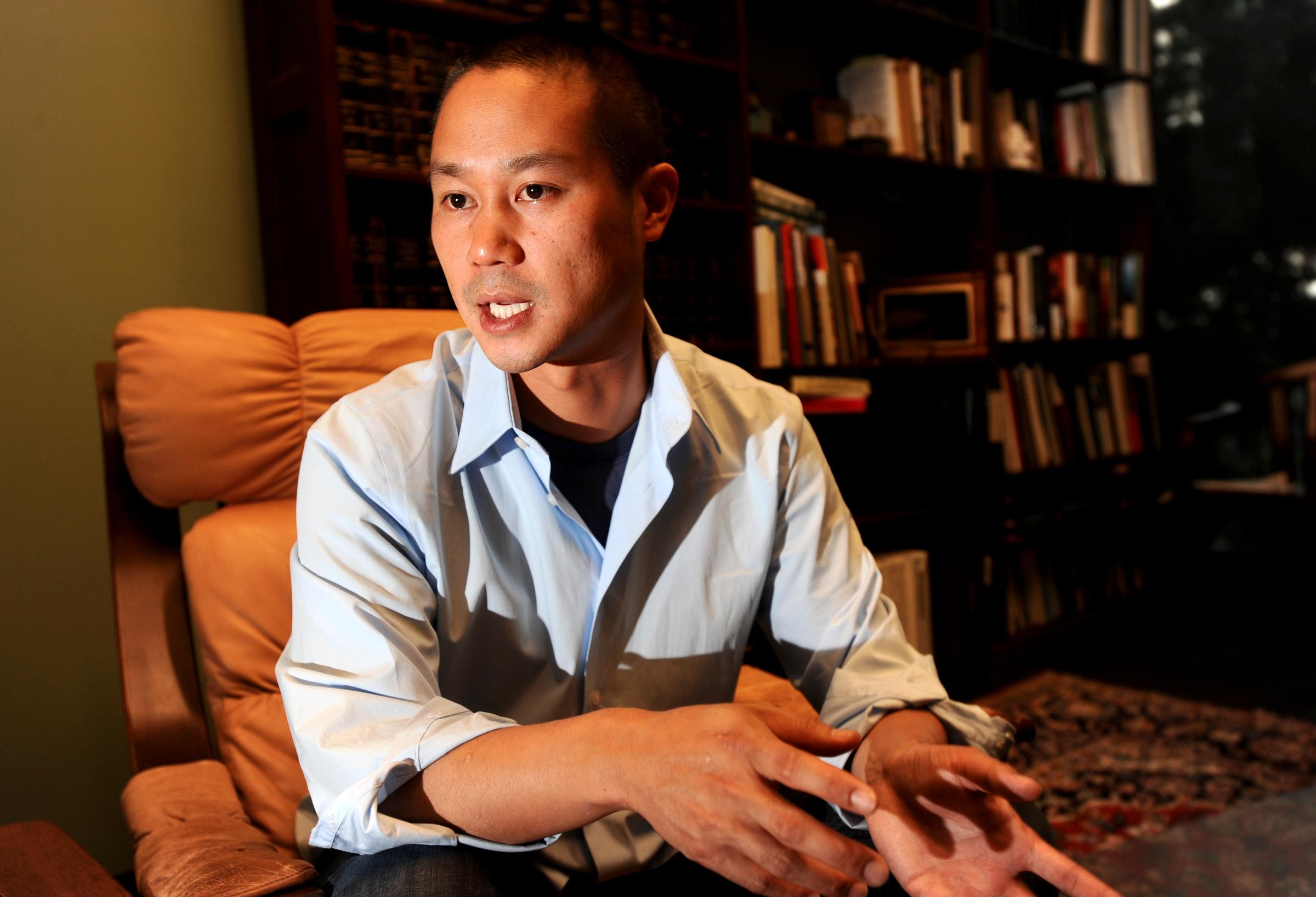
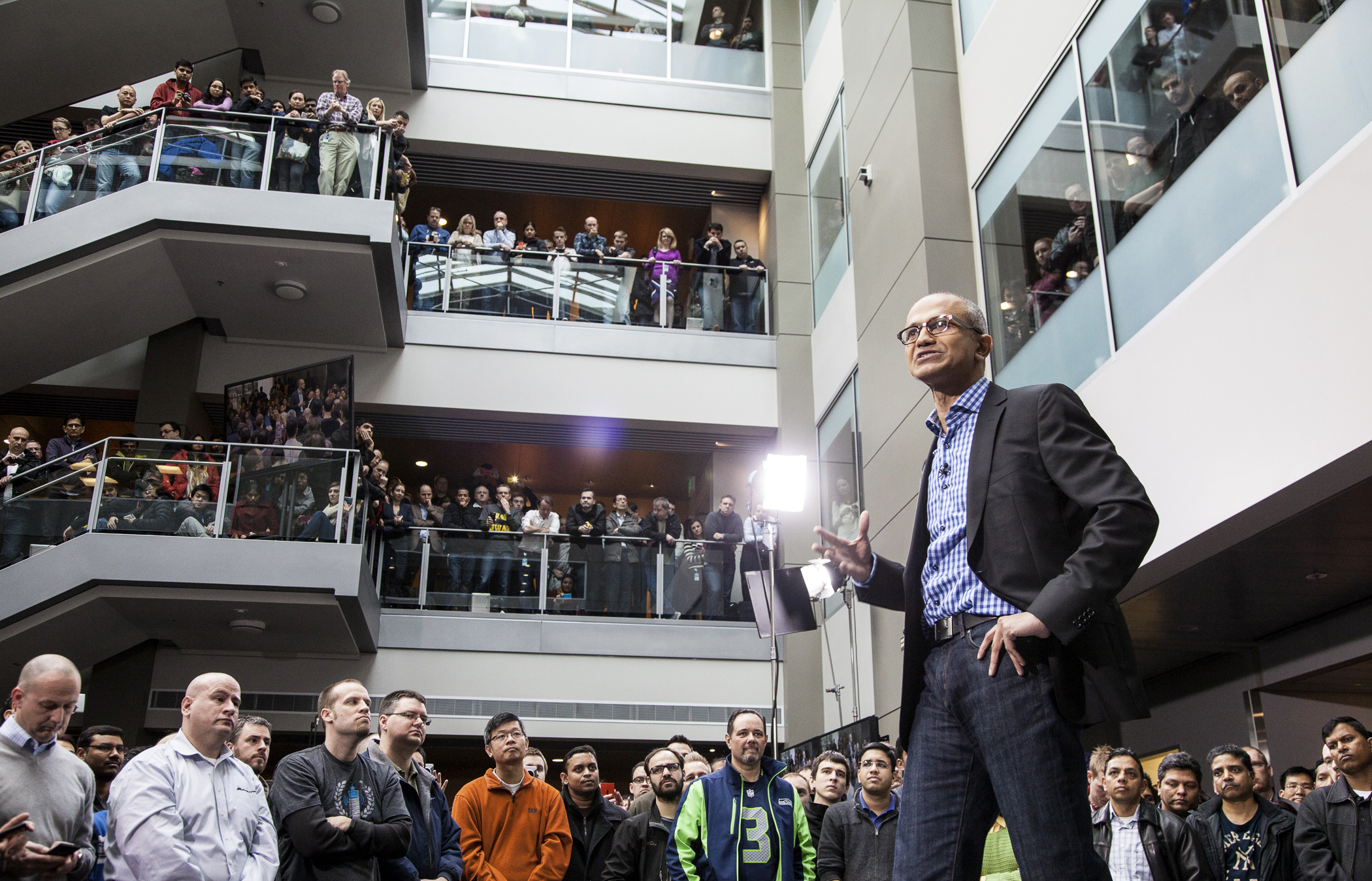
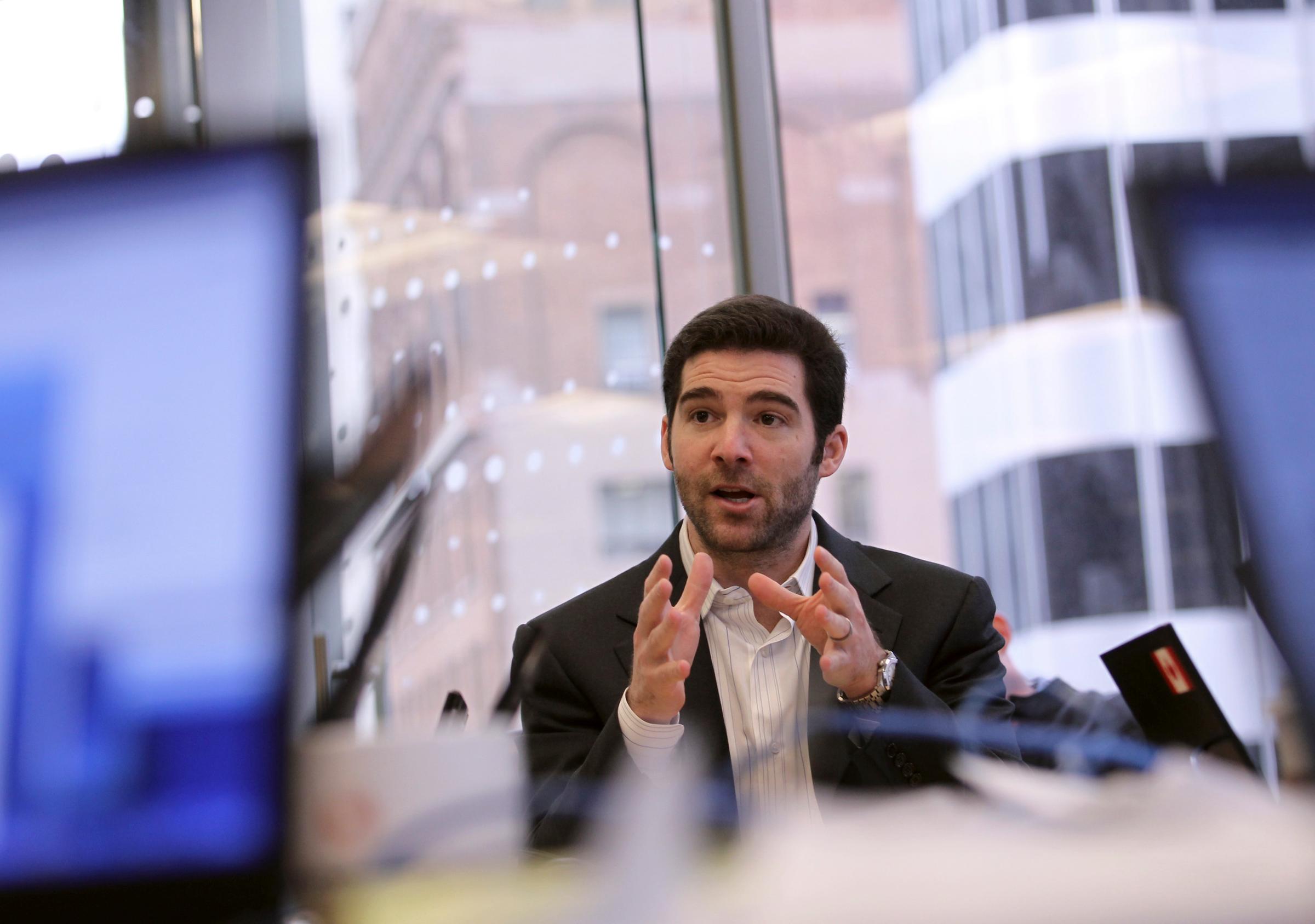

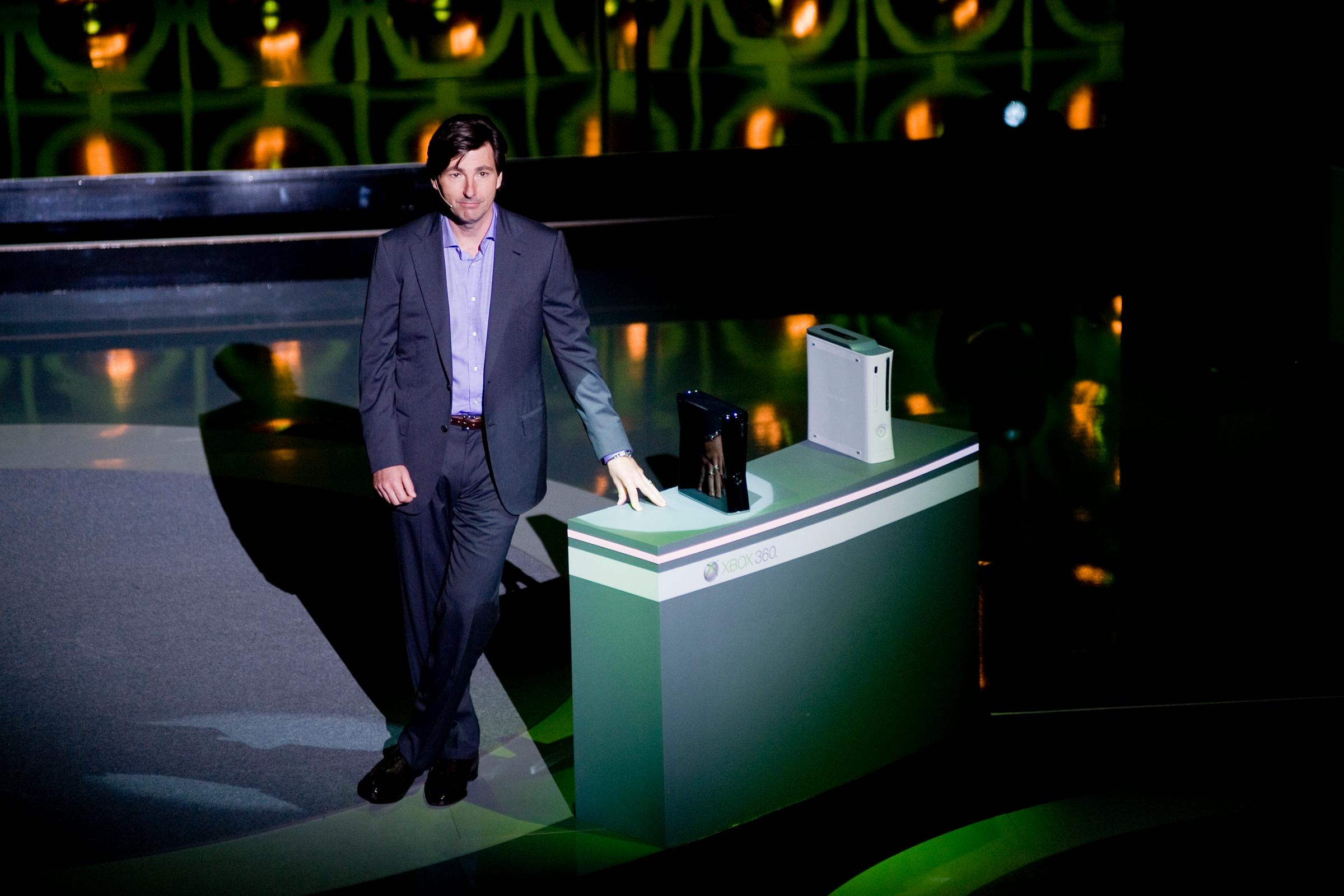
More Must-Reads from TIME
- Why Trump’s Message Worked on Latino Men
- What Trump’s Win Could Mean for Housing
- The 100 Must-Read Books of 2024
- Sleep Doctors Share the 1 Tip That’s Changed Their Lives
- Column: Let’s Bring Back Romance
- What It’s Like to Have Long COVID As a Kid
- FX’s Say Nothing Is the Must-Watch Political Thriller of 2024
- Merle Bombardieri Is Helping People Make the Baby Decision
Contact us at letters@time.com